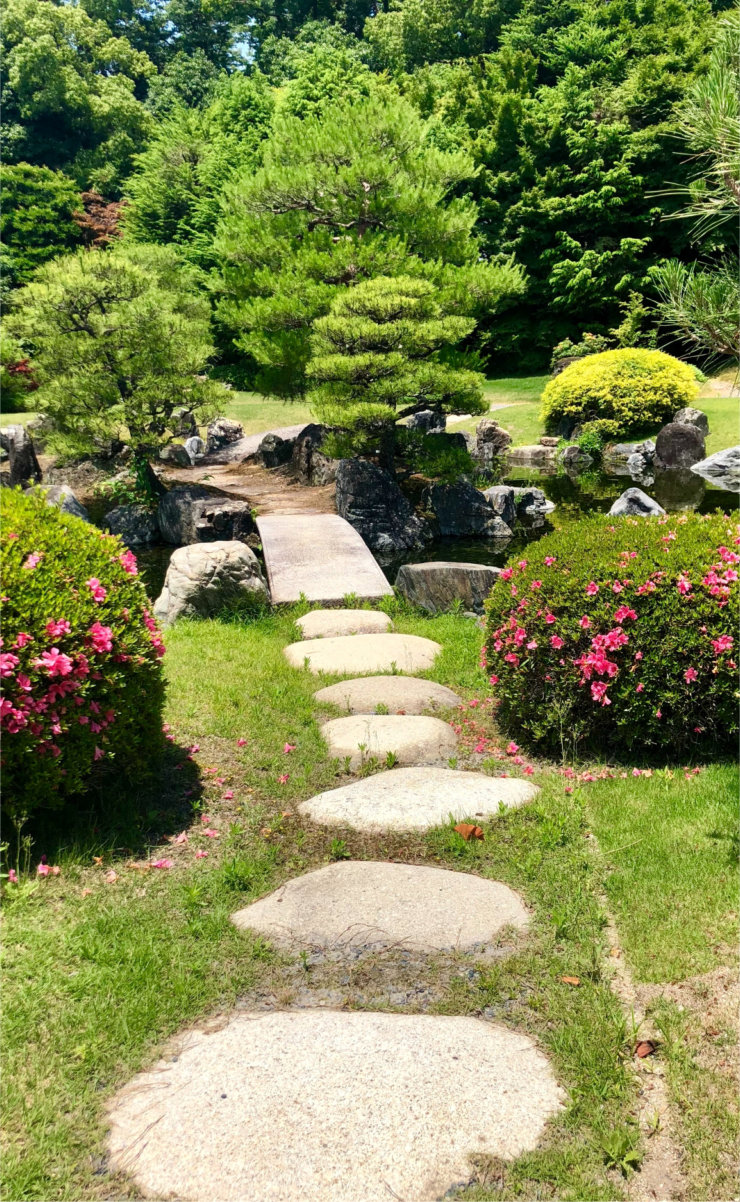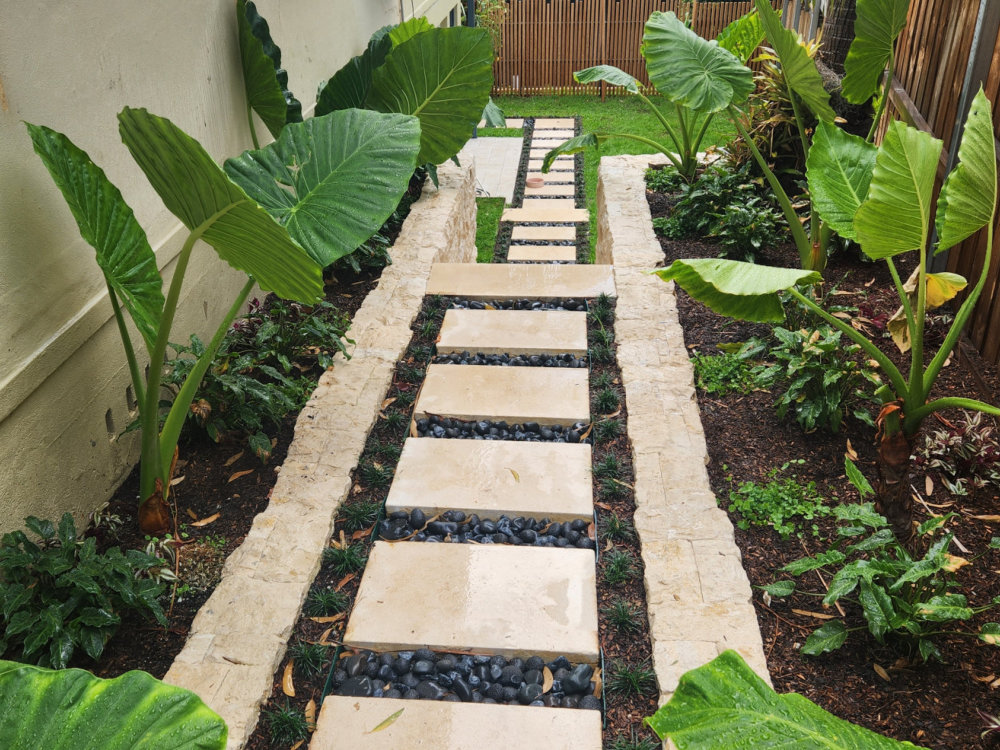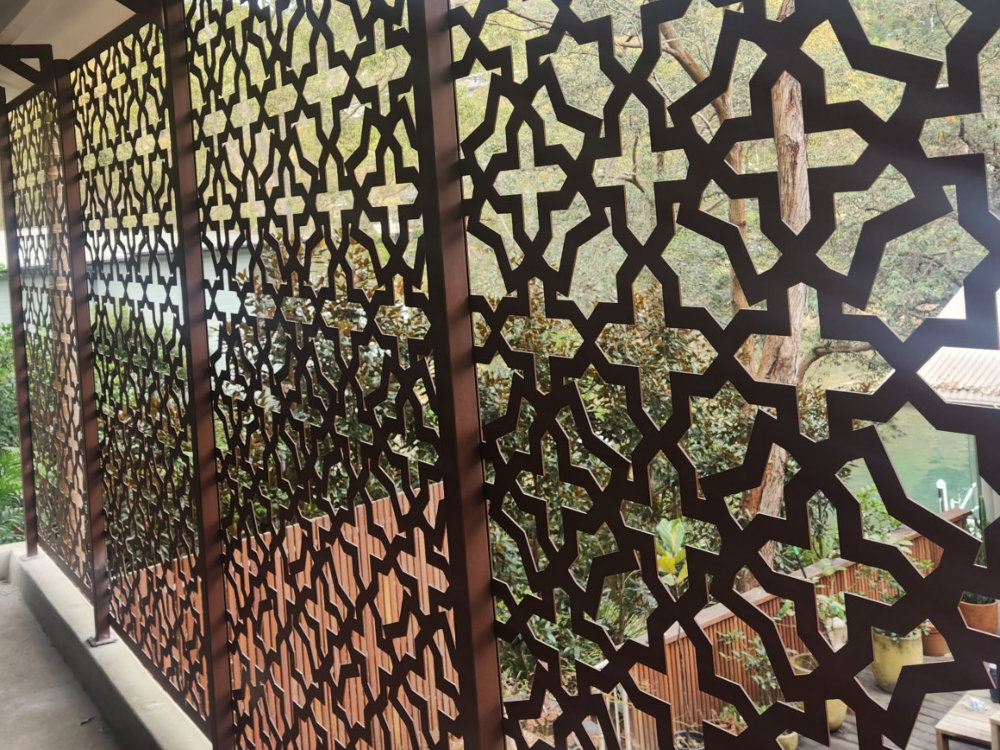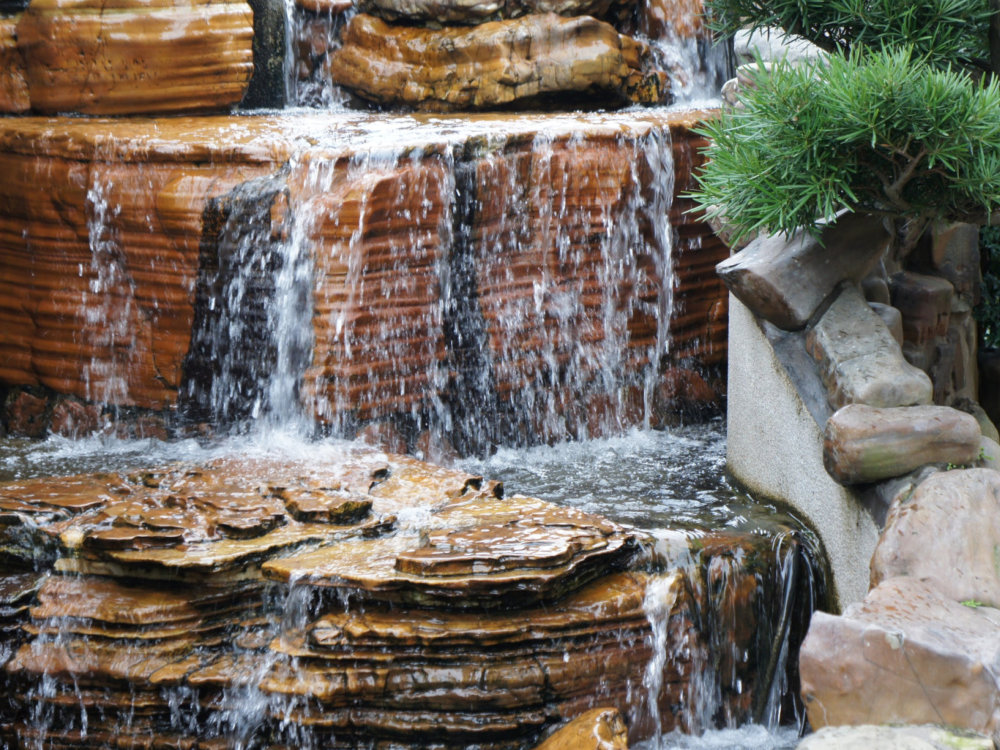Feng Shui In the Garden
Feng Shui, rooted in ancient Chinese philosophy, is a holistic system designed to cultivate harmony and balance in the environment. The term itself translates to “wind-water,” signifying the interplay of natural elements.
With origins in Taoism and a deep understanding of the connection between individuals and their surroundings, Feng Shui seeks to enhance the flow of positive energy, known as “chi.”
This practice, spanning thousands of years, revolves around the belief that the arrangement of our environment profoundly influences prosperity, well-being, and the overall quality of life.
Application of Feng Shui In Different Aspects of Life
Feng Shui isn’t confined to physical spaces but extends to various facets of life, influencing emotional, mental, and spiritual realms.
Widely applied in interior design, architecture, business, and interpersonal relationships, Feng Shui adapts its principles to create environments that foster positive energy.
Whether in the layout of a home, the placement of furniture, or the selection of colours, Feng Shui offers a versatile approach to enhancing overall well-being and balance in different contexts.
Importance of Feng Shui in the Garden
Within the realm of Feng Shui, the garden emerges as a crucial component, serving as an extension of one’s living space. It plays a pivotal role in the overall energy flow, contributing to the balance and harmony of the entire property.
In the garden, Feng Shui principles guide the arrangement of plants, structures, and decorative elements to optimize the flow of chi.
The goal is to create not just an aesthetically pleasing space but one that promotes positive energy, relaxation, and a profound connection with nature.
By aligning the garden with Feng Shui principles, individuals transform it into a sanctuary—a place that not only pleases the senses but also nurtures the soul, offering a harmonious retreat from the demands of modern life.







